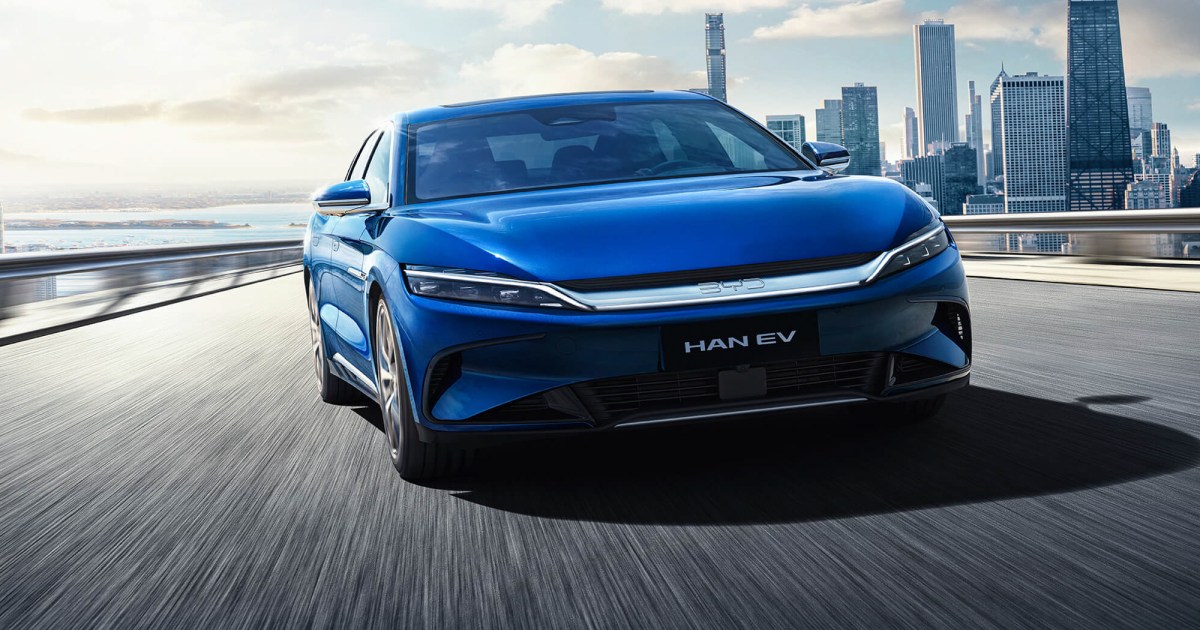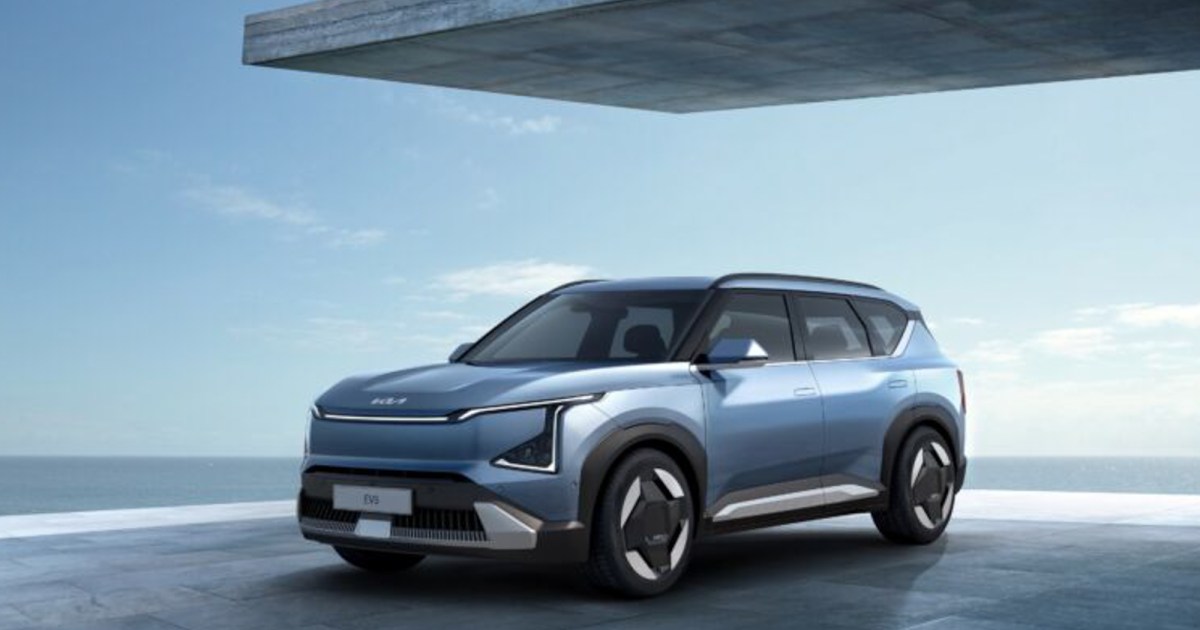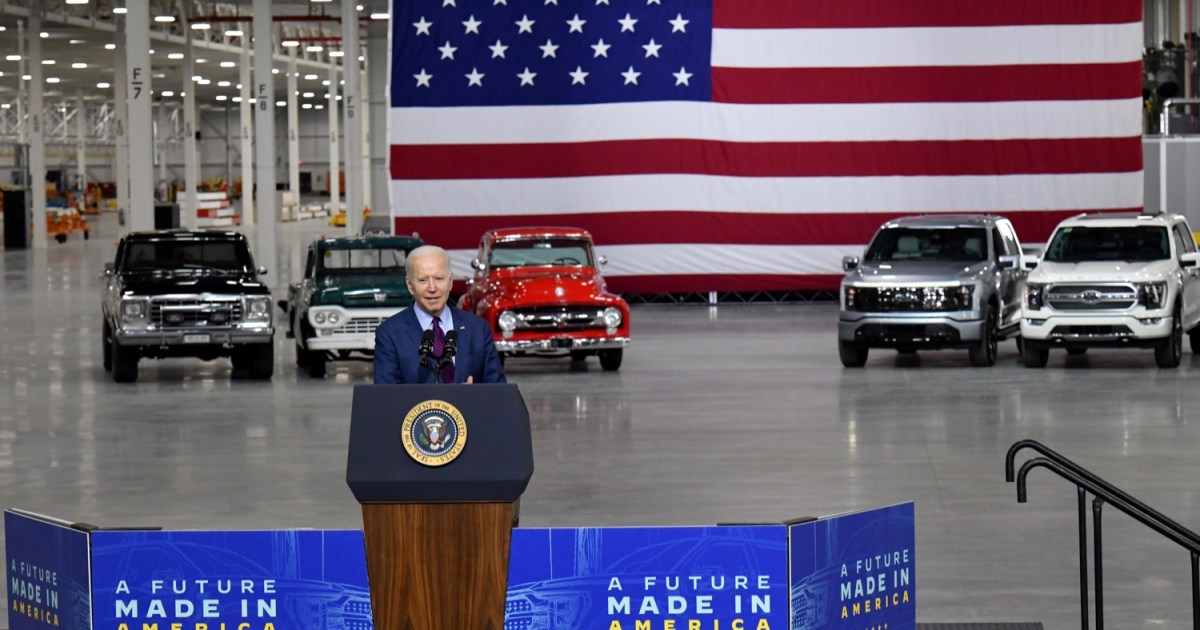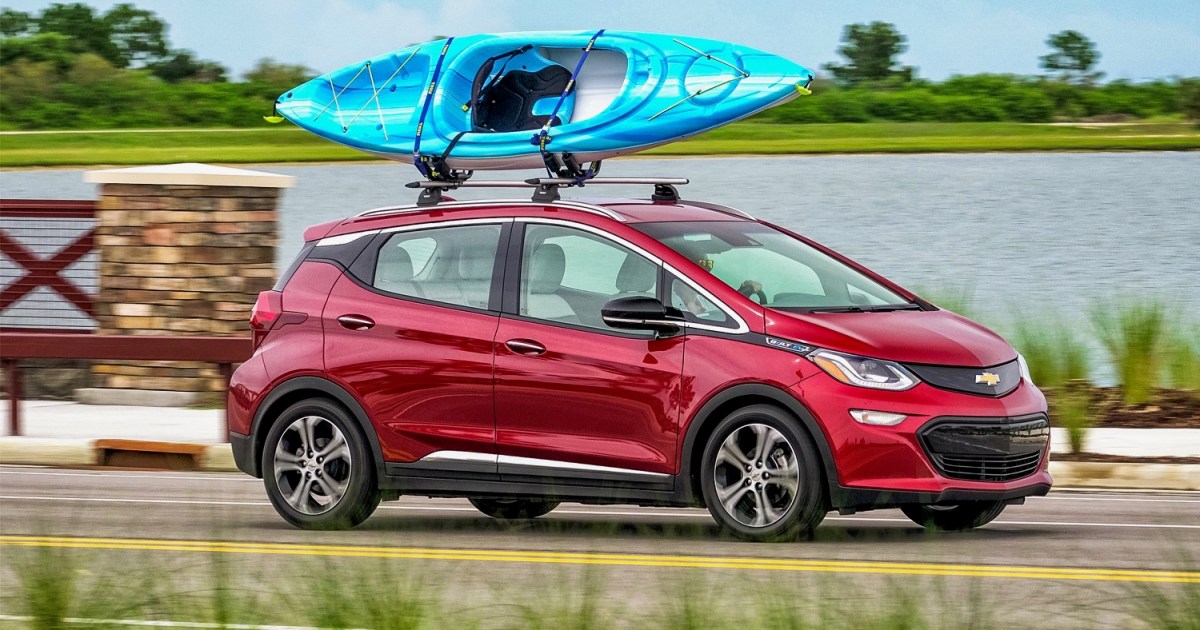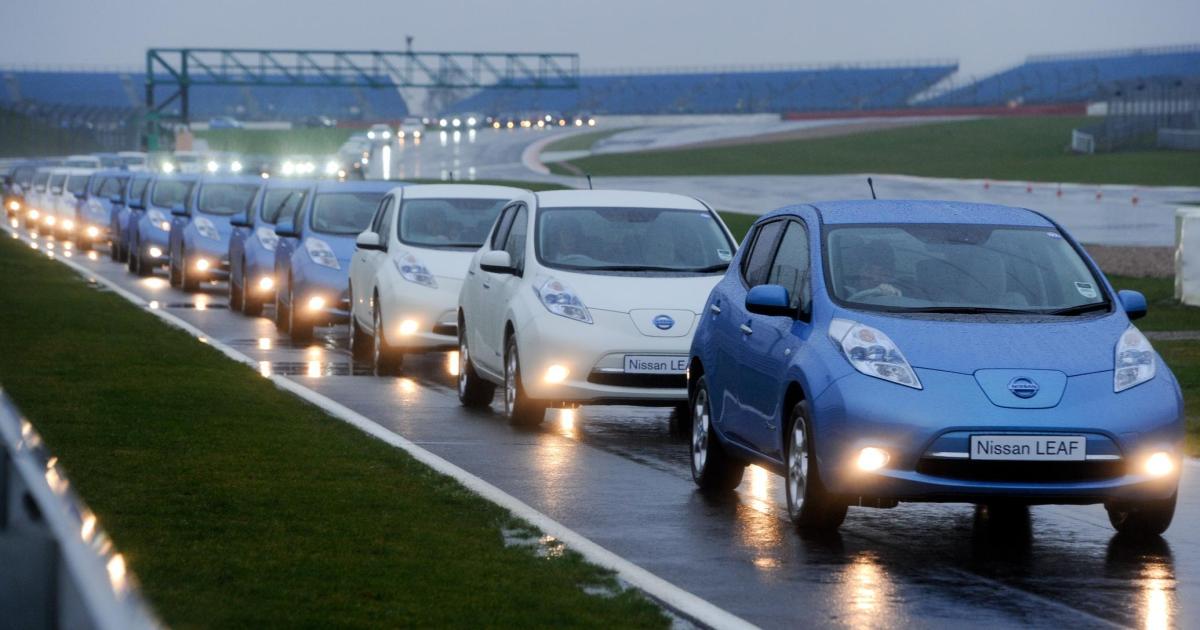The affordability of electric vehicles (EVs) is a key factor driving mass adoption. With Chinese-manufactured EVs facing substantial tariffs in both Europe and the United States, a critical question emerges: can the pursuit of more affordable EVs continue if the global leader in affordable EV production is effectively excluded from these markets?
BYD, a Chinese company recognized as a global leader in affordable EVs, has recently faced significant setbacks in its North American expansion plans. After the Biden administration imposed a 100% tariff on Chinese-made EVs in May, BYD had to abandon its plans to enter the U.S. market. More recently, according to Automotive News, the company appears to be halting its expansion into Canada as well.
This decision comes after months of lobbying the Canadian government and negotiations with Canadian dealerships. However, in late August, Canada followed the U.S.’s lead and announced its own 100% tariff on Chinese-made EVs, effective in October. Since then, Automotive News reports that BYD has ceased all communication with Canadian dealerships.
While BYD has not released any official statements, industry analysts are pessimistic about the prospects for Chinese automakers under the incoming Trump administration in the U.S. Some analysts suggest that BYD might attempt to absorb the tariffs on some models, like the Atto 3 and Seal. However, the resulting price increases would likely render these vehicles far less competitive. The BYD Seagull, priced at $10,000 in China and the brand’s most affordable EV, is considered too small to attract significant consumer interest in the U.S. market.
In the U.S., Tesla CEO Elon Musk recently stated that a $25,000 Tesla would be “pointless,” setting a floor on expectations for a more affordable Tesla model. Meanwhile, other EV manufacturers are actively targeting the affordable segment of the U.S. market. General Motors has launched the Chevy Equinox EV, priced at $27,500 including federal tax credits. Volkswagen America also plans to release an EV priced under $35,000 in the U.S. by 2027.
The tariffs imposed on Chinese-made EVs raise concerns about the future trajectory of EV affordability. While other manufacturers are making strides in this area, the exclusion of a major player like BYD could potentially slow down the overall progress towards making EVs accessible to a wider range of consumers. The long-term impact of these trade policies on the global EV market remains to be seen.



